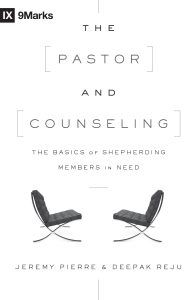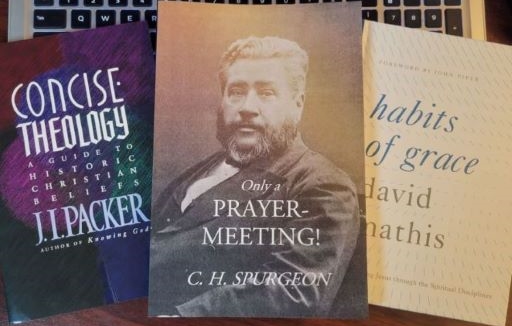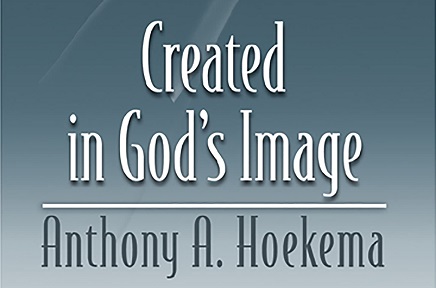Permission to Love One Another
February’s residency read was The Pastor and Counseling by Jeremy Pierre and Deepak Reju. I think this book is a great introduction to the pastor’s call to really shepherd the flock. It is also a great place to begin thinking about how the call of the pastor has a trajectory of whole body involvement in discipleship, including biblical counseling. Chapter Seven, especially, points the reader to consider how the whole body works together for health of individuals and church alike:
A culture of discipleship means that members don’t have to sign up for anything to get permission to love one another. It is a church culture where it is normal for the members to take initiative to love one another and do each other spiritual good. This church culture is not a program, but something that flows in the lifeblood of the church. As the pastor, you cannot make members actively pursue one another in love, but you can set expectations that will promote it. Here are three expectations you should regularly set before your congregation to promote a discipleship culture…
The Past and Counseling, pp.107-108
Expectations
What are the expectations? First, membership. “Membership turns out to be one of the most important expectations of discipleship” (p.108). Scripture and experience both back up the essential call to covenanted community. Not just close Christian friendships, nor lone ranger Christianity. Love is demonstrated by being baptized into the church, the body and bride of Christ, then living that baptism out. This goes hand in hand with a disciplined life, one that follows Christ in measured stride, and submits to others in the body.
Second, equipping. “As people see discipleship in action, they must then be challenged to live it out” (p.112). Indeed. The idea that the pastor is the one with the responsibility for doing the ministry of the church is a great cancer. It eats away at the vitality of the church. The elders are called to teach and demonstrate, to model love, faithfulness, and sound doctrine. But the church is a place for the covenanted members to all engage in ministry towards one another. It is this context of loving discipleship by all that is a message to the world that God is glorious, Lord over all, supremely able to bring unity out of division. It proclaims like nothing else that Jesus is the only mediator and savior, truly able to restore all that is broken about us and this world.
And third, connecting. While “equipping” stressed the all nature of a discipleship culture, “connecting” stresses the need to step out and do something. We can’t excuse ourselves that we have not been approached. We can’t get off the hook by thinking we don’t have the necessary training or background. “A church member has committed to the body, been equipped with some idea of how to disciple, and reaches out to another member in the congregation. If members are prayerfully watching over each other, God will guide them to those relationships” (pp.112-113).
Prayer
So, while not being one of the core expectations, prayer is nonetheless an essential element of discipleship, and a culture of discipleship. Prayers of petition combined with prayers of thanksgiving prepare us to speak to one another in love, and prepare us to hear what the other has to say. Not in vain does Paul urge, “that supplications, prayers, intercessions, and thanksgivings be made for all people, for kings and all who are in high positions, that we may lead a peaceful and quiet life, godly and dignified in every way. This is good, and it is pleasing in the sight of God our Savior, who desires all people to be saved and to come to the knowledge of the truth.”
As we once again approach the Lord’s day, I pray that you develop a greater love for the body of Christ. And if you have not covenanted with a body, submit to the word and do it, for your good and for theirs. And if you have heard the message of salvation, but have not yet closed with Jesus, won’t you come to him today? He desires your salvation. He wants you to know the truth of God’s love, the reality, and not just the show. Repent, come to Christ. Know the joy of God and his peace resounding:
But you have come to Mount Zion and to the city of the living God, the heavenly Jerusalem, and to innumerable angels in festal gathering, and to the assembly of the firstborn who are enrolled in heaven, and to God, the judge of all, and to the spirits of the righteous made perfect, and to Jesus, the mediator of a new covenant, and to the sprinkled blood that speaks a better word than the blood of Abel.
Hebrews 12:22-24






